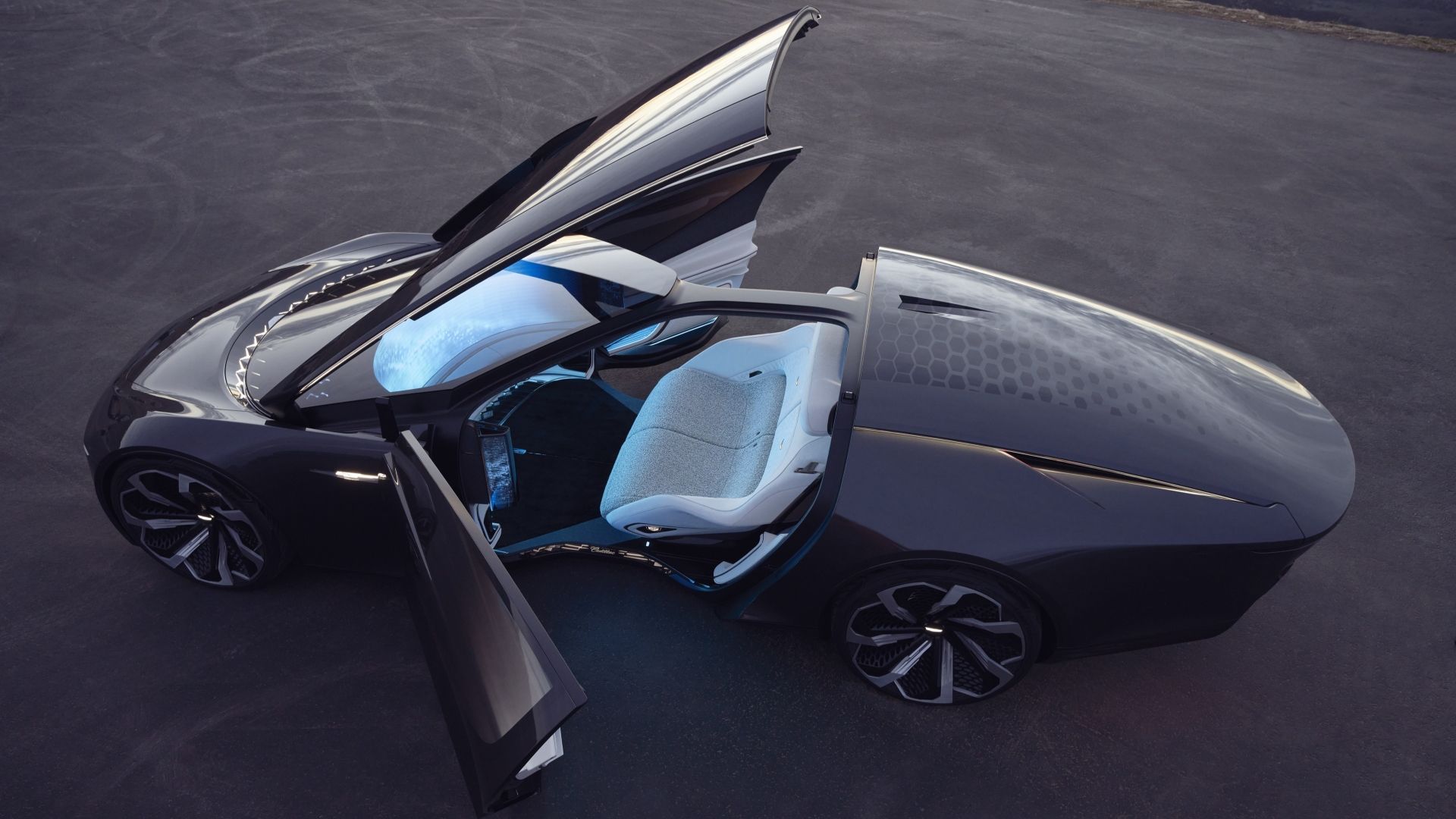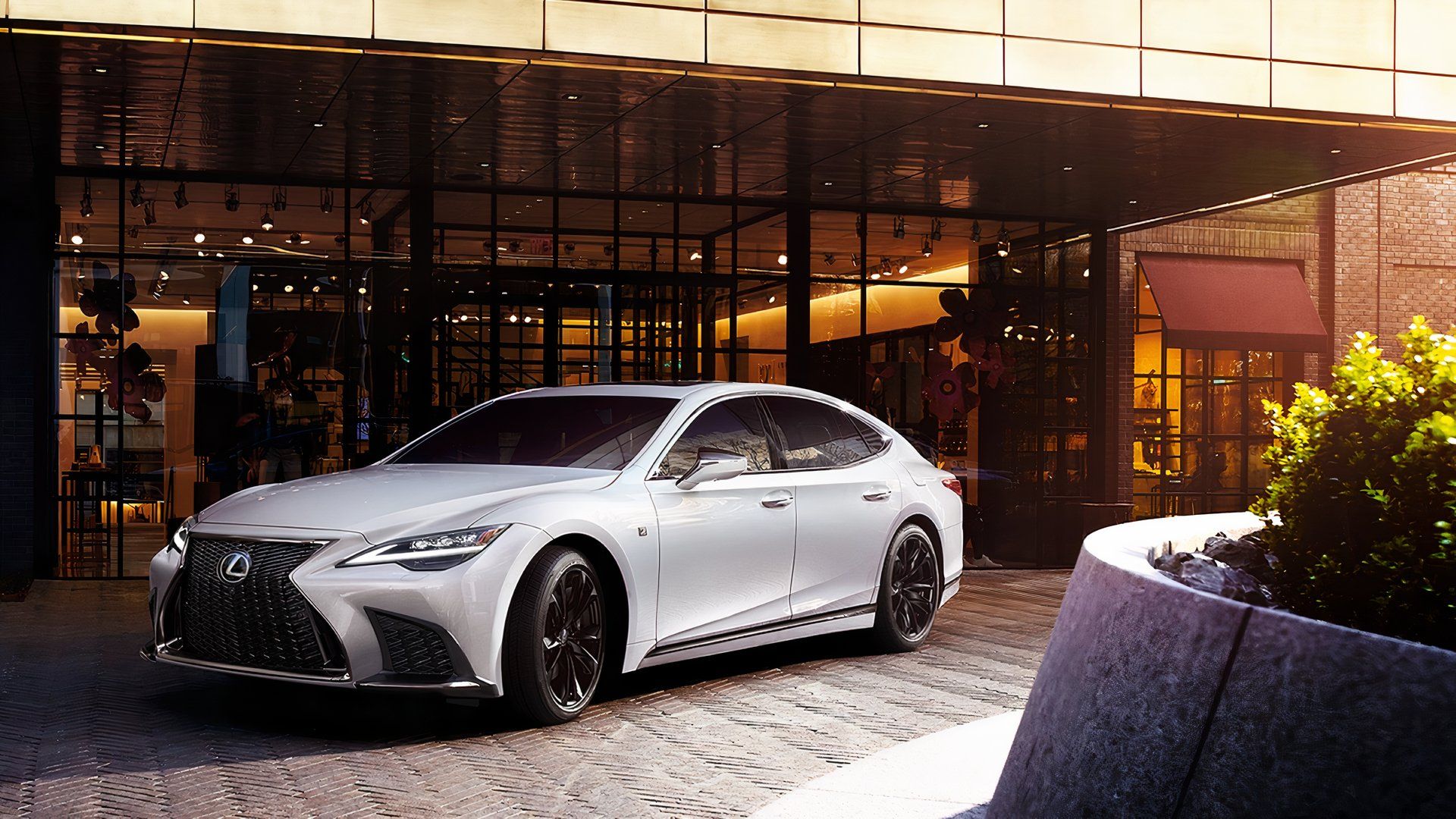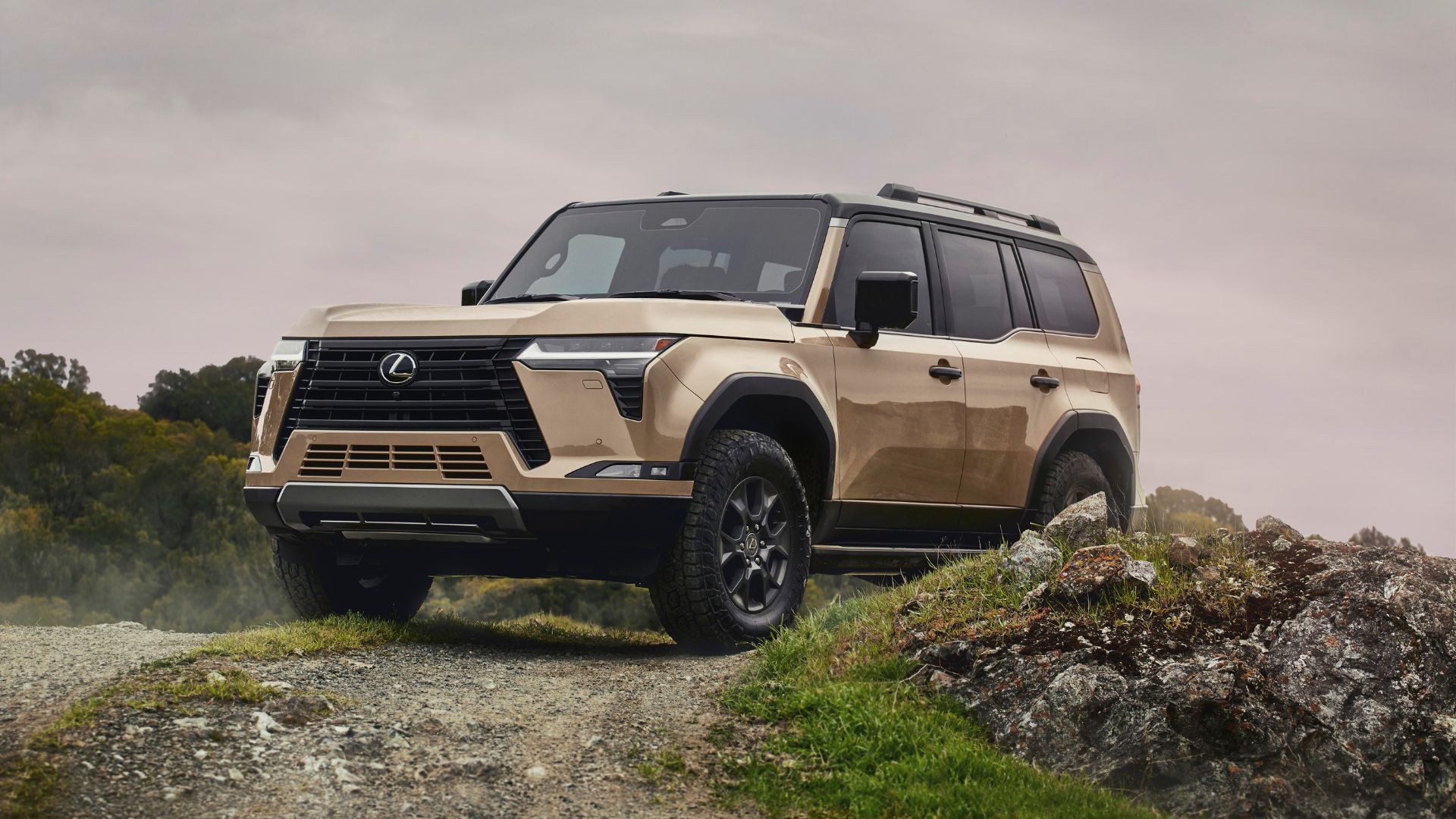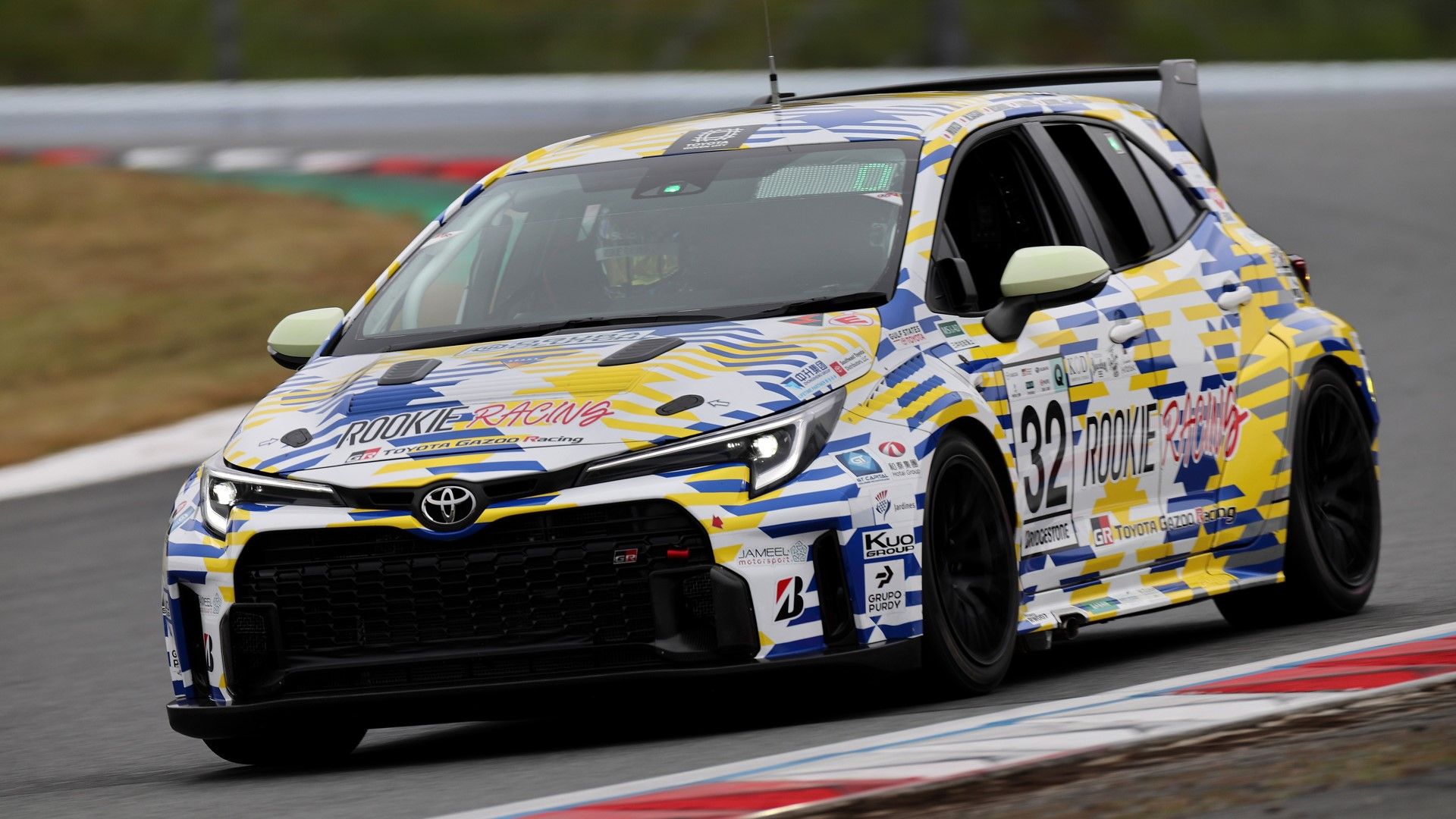Toyota is one of the biggest automotive companies in the world, and they are a massive force in shaping the industry. From artificial intelligence to hydrogen fuel cells and autonomous systems, the Japanese automaker is signaling that it’s not just keeping pace with innovation, it’s helping lead it.
The Japanese firm’s popularity only continues to surge, putting them in a unique position. Based on their patents, releases, and inside reports, Toyota is on the brink of a number of breakthroughs. These innovations highlight Toyota’s commitment to sustainable mobility and its belief that efficient and intelligent solutions are the key in the future of personal vehicles.
We dive into the most compelling developments from Toyota across AI integration, hydrogen propulsion, and the brand’s broader electrification strategy. Whether it’s enhancing driver experiences or enabling emissions-free logistics, Toyota’s tech push reveals a company preparing for a radically different transportation landscape.
In order to give you the most up-to-date and accurate information possible, the data used to compile this article was sourced from Toyota websites and other authoritative sources, including TopSpeed.

Related
Mind-Blowing Concept Cars That Are Shaping The Future Of Cars
Bold innovations and designs that are steering the future of cars.
Toyota Continues to be a Leader in The Automotive World
If you look at global sales, there is no bigger automaker in the world right now than Toyota. Even if you look at the U.S. market in isolation, the Japanese giant sits near the top of the sales chart. This gives them a number of resources to develop some of the most cutting-edge technology in the automotive world.
Toyota is a Giant
There are few automakers in the world with the resources that Toyota has access to. They have had a record-breaking first quarter, and their continued success in the market makes them a major player. Their careful strategy has played a large role in their popularity, with the company not executing on any technology that isn’t fully ready yet.
Currently, the company only sells one fully-electric vehicle in the United States, instead focusing on hybrids and plug-in hybrids. While this may make it seem like they are behind the curve, they have stated a number of times that they think EVs are not yet fully ready for mass adoption. Behind the scenes, they have been one of the biggest forces pushing cutting-edge automotive technology.
Tons of Patents Have Been Filed
- Toyota was awarded 2,428 patents in 2024 in the U.S. alone
- The greatest number of patents awarded to any automaker
- It is the 11th consecutive year they have held this title
Toyota aims to transcend the mantle of ‘automaker’. They want to become leaders in the world of mobility, developing technology that can be integrated into their fleet of vehicles as well as the greater transport network. To this end, their research and development team is hard at work, hence the massive number of patents filed.
We are fortunate to have an executive team that constantly pushes us beyond what our competitors are doing and challenges the status quo…
Shravanthi Denthumdas, vice president of Engineering, Mobility Teams
In the sea of patents that Toyota has filed, electronics seems to be a major focus. These patents show their dedication to improving driver assistance technology, autonomous systems, cybersecurity, and sustainable propulsion. These patents reveal the work being done at the company and the technology we can expect in the next couple of years.

Related
Once a Game-Changer, This Lexus Now Struggles to Keep Up
The LS is no longer the pioneer that it once was.
The Japanese Brand Races Towards Fully Autonomous Vehicles
Right now, one of the most enticing pieces of technology in the automotive sector is autonomous driving. There are a number of vehicles on the market that offer level two autonomy, with a few breaking into the realms of level three autonomy. Toyota is doing a lot of work to be a leader in this area as well.
Autonomous Driving and Mobility As A Service
- Toyota Guardian: Assists the driver to help avoid accidents
- Toyota Chauffeur: A fully self-driving system for use in ride-hailing and urban mobility
- Woven by Toyota: Focuses on building the mobility ecosystem, including self-driving software
Toyota’s involvement in developing autonomous technology dates back to the 1990s. Their primary goal in this endeavor has always been focused around safety. The brand aims to make the roads safer for everyone, with their main goal being to eliminate traffic casualties.
Their focus on safety is outlined by their Safety Sense 3.0 suite, which is currently available on most of the new cars they sell in 2025. The brand doesn’t believe in pushing things to market before they are ready, which is why they haven’t integrated any autonomous systems. Instead, they focus on giving the vehicle control where it can prevent or mitigate accidents.

Related
The 10 Most Reliable Car Brands in 2025
These 10 car brands lead the pack in 2025 with outstanding reliability, ensuring peace of mind, low maintenance costs, and long-term value.
The Future For Toyota is Punctuated by Battery Technology and Hydrogen
A front 3/4 action shot of a 2024 Toyota GR Corolla H2
As mentioned earlier, Toyota currently only has a single full-electric vehicle for sale in the States. However, they have a ton planned for the near future. The brand is set to accelerate the development of their lineup in a number of different ways, focusing on developing EV infrastructure as well as exploring alternative fuels.
New EVs Arriving By 2027
- Toyota plan to build 800,000 EVs by 2026
- They aim to build one million EVs a year after that
- The Land Cruiser could be electrified
- A new electric pickup could be on the horizon
- Toyota plans to build more EVs in North America
Around the world, manufacturers seem to be reeling in their goals for EV development due to a mixed reception. Toyota, however, has set themselves an ambitious goal. They have accelerated their plans to build a million EVs a year by the year 2027. This is down from their previous goal of 1.5 million EVs by 2026, but is much more than their current production of 140,000 a year.
The Japanese brand plans on bringing a number of new EVs to market to meet this goal. They have already confirmed a new three-row electric SUV. They are also once again working with Subaru to develop an electric compact SUV. This is in tandem to electric plans for vehicles over at Lexus, where a TX EV is in the works. They reportedly plan to introduce ten new EVs by 2027.
Solid-State Batteries Are Around The Corner
Toyota began research into solid-state battery technology all the way back in 2006, making them one of the first automakers to begin investing in the technology. They have partnered with Idemitsu, a Tokyo-based oil company, to build a factory that will produce lithium, sulfide, and other raw materials for the brand to build batteries.
Solid-state batteries have been a part of the reason why Toyota has been holding off on electric vehicles. The new type of battery will drastically improve range, efficiency, and charging times, all while being more compact and weighing less than traditional batteries. Toyota moving ahead with their deadline of getting EVs to market could suggest they are getting close to implementing the technology.
One of the Leaders In Hydrogen Technology
Toyota has been aiming to develop alternatives to traditional propulsion in a number of different ways. One angle is the production of hydrogen fuel cells. They already produce the Mirai in limited numbers, which uses hydrogen fuel cells in the place of batteries. The only emissions produced are water vapor.
The Japanese firm has also put in a ton of work to explore the development of hydrogen combustion engines. Instead of using the hydrogen to generate electricity, these engines burn the hydrogen directly as a fuel. They have developed and tested a hydrogen-powered GR Corolla which was entered into the Super Taikyu endurance race.
This is only the beginning of these endeavors and Toyota plans on expanding its hydrogen network as well as developing the necessary infrastructure.




